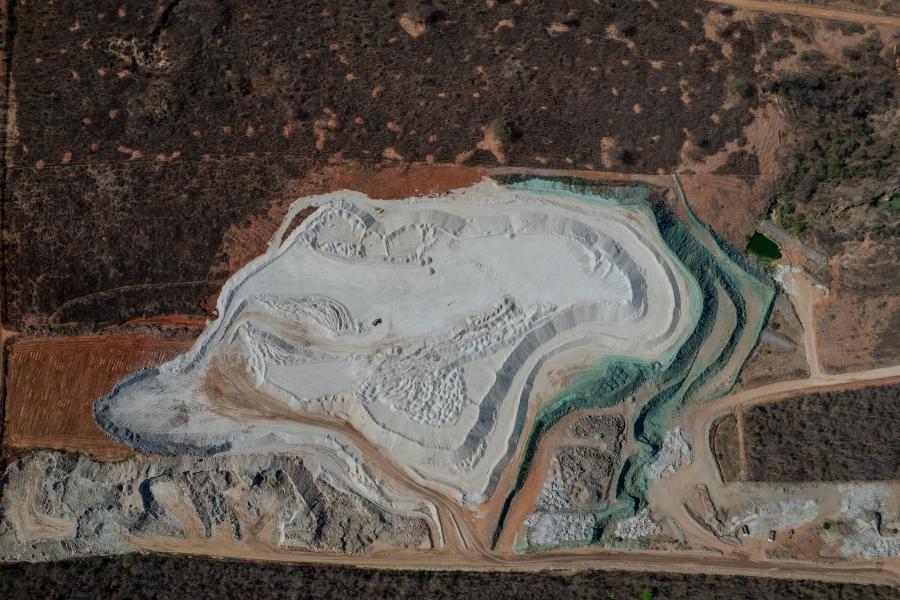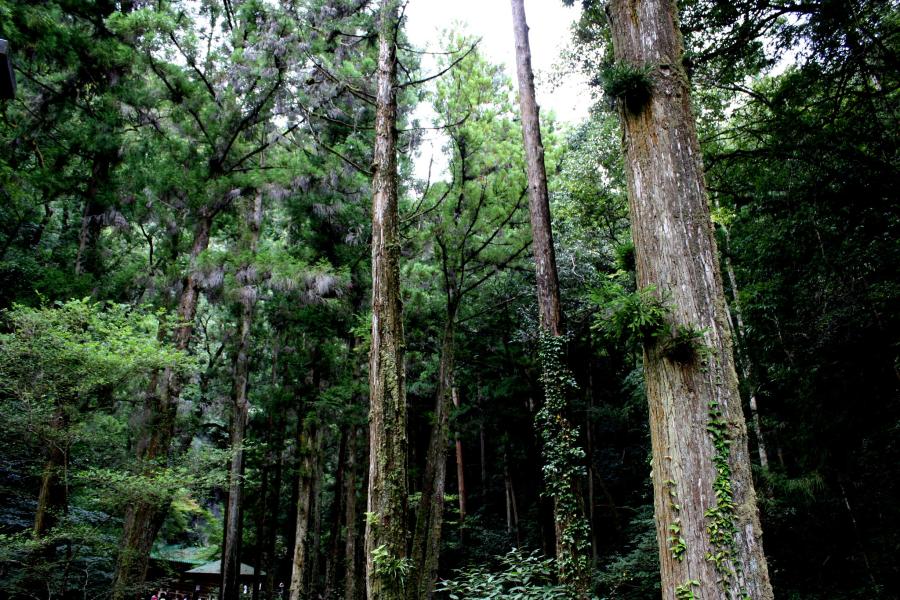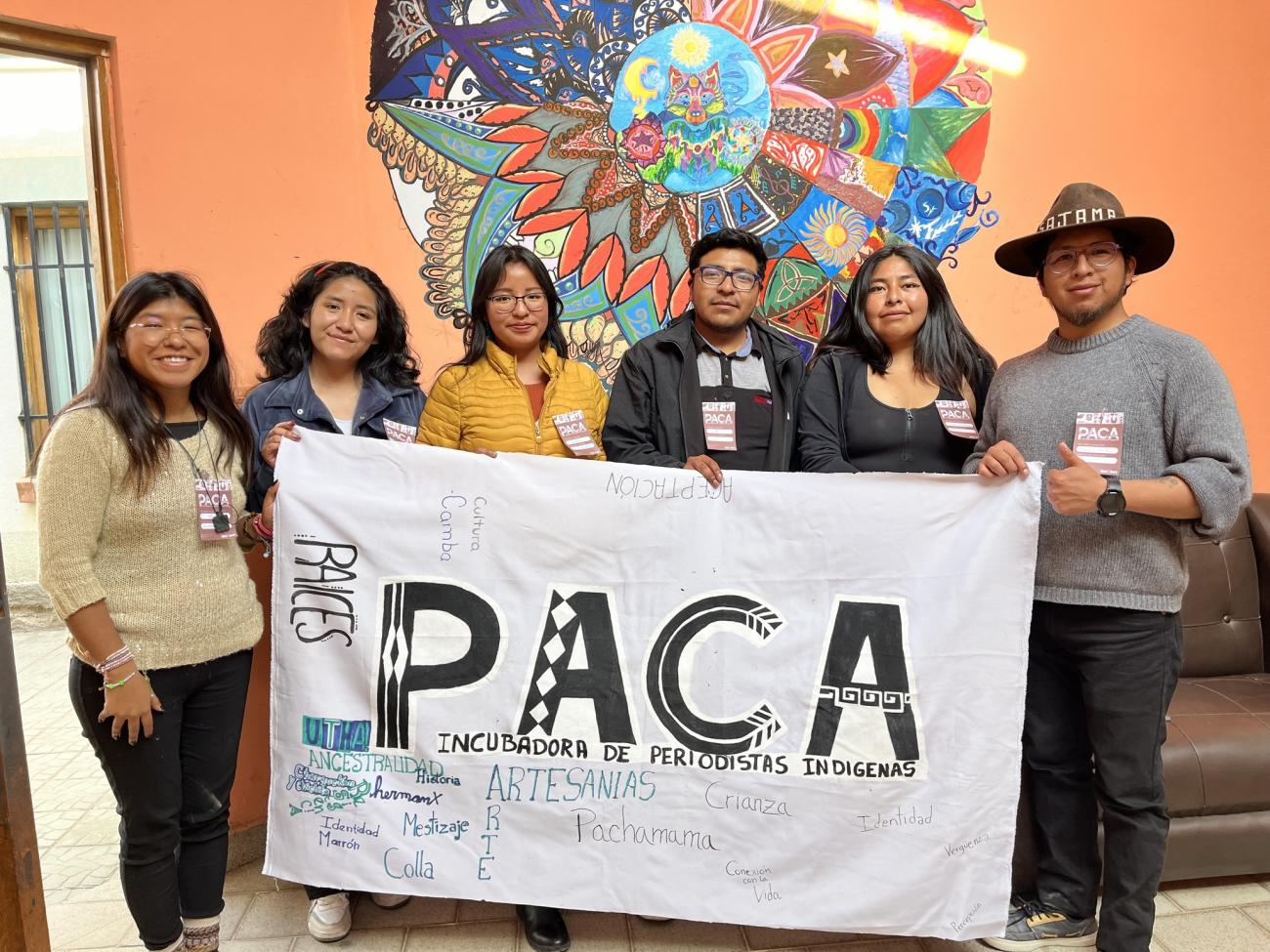
By Georges Theodore Dougnon (Dogon, CS Staff)
From Uganda to Bolivia, passing through the Democratic Republic of Congo, young Indigenous leaders harness the power of communication to advocate for their rights, preserve their cultures, and mobilize their communities for lasting change. Through Cultural Survival’s Indigenous Youth Fellowship, advocates like Ayoo Mary Goretty (Tepeth), Wara Iris Ruiz Condori (Aymara), and Musa Atebeta Obal (Batwa) are leading grassroots initiatives that center youth voices in land defense, environmental justice, and women’s empowerment. Their projects reflect the critical role of strategic communication radio, storytelling, journalism, and digital media as tools for organizing, educating, and resisting.
In contexts where Indigenous communities are often excluded from mainstream narratives, these youths build media platforms, amplify local stories, and promote digital safety to ensure their advocacy is secure and sustainable. By equipping their peers with skills in media production, legal literacy, and environmental communication, they are informing their communities and nurturing a new generation of Indigenous leaders capable of confronting injustice with knowledge, creativity, and solidarity.
The fellowship funds youth and youth groups to implement projects that enhance their leadership and technical skills while benefiting their communities. Through these fellowships, young people have strengthened their capacities in areas such as Indigenous rights, revitalizing Indigenous languages and cultures, Traditional Knowledge, advocacy, and audiovisual communications.
Meet our fellows Ayoo Mary Goretty (Tepeth), Wara Iris Ruiz Condori (Aymara), and Musa Atebeta Obal (Batwa).
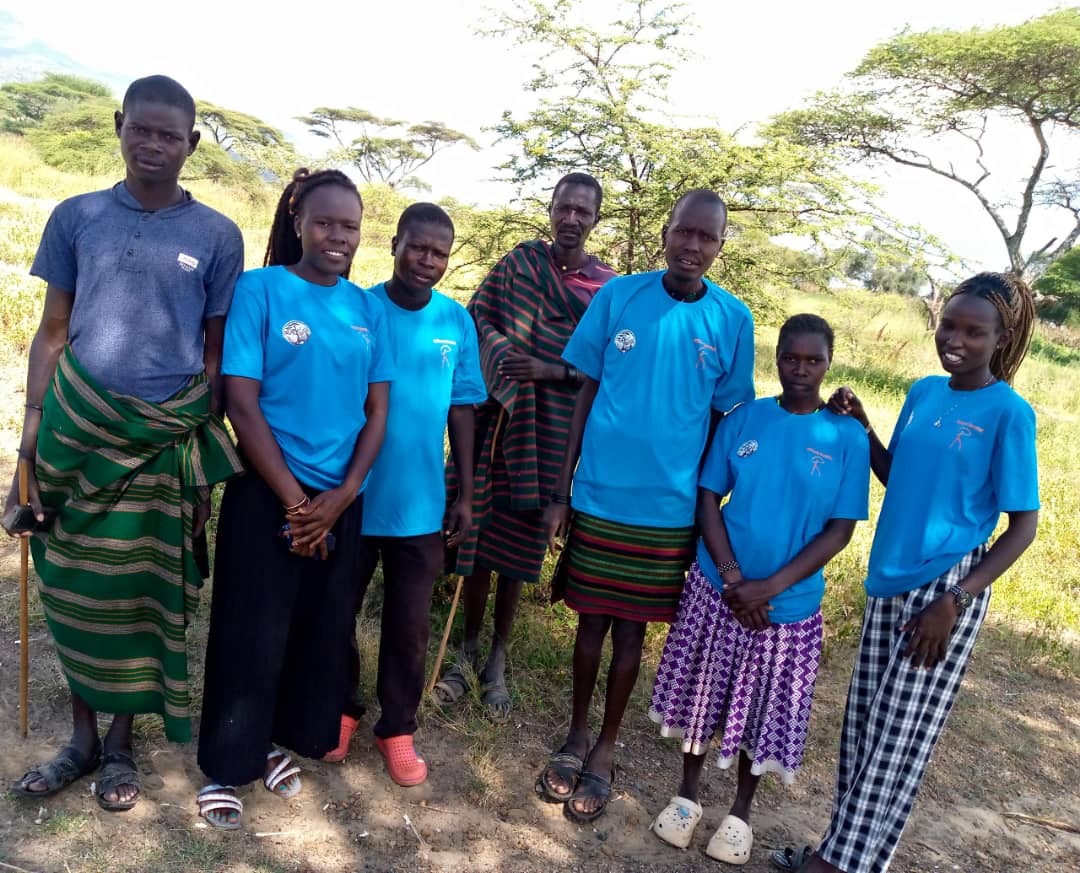
Ayoo Mary Goretty (Tepeth) from Uganda
Ayoo Mary Goretty is a young advocate and community development worker from the Tepeth Indigenous community in Moroto District, where the native language is "Soo." With experience in grassroots engagement, Ayoo is dedicated to sensitizing, mobilizing, advocating, training, and empowering her community while networking with stakeholders to support sustainable development. She is known for her ambition, hard work, and positive attitude, which she uses to inspire young people, especially those from vulnerable backgrounds, including persons with disabilities.
As the coordinator of the fellowship project titled “Youth Capacity Strengthening and Advocacy on Land and Life Defenders (YCSA),” implemented in Katikekile Sub-County, Moroto District, Ayoo led efforts to empower youth with the knowledge and tools to advocate for their land rights and environmental protection. Activities included awareness campaigns to inform the sub-county and local community about the project’s objectives and timeline. The initiative was well received; both the community and local authorities appreciated and embraced the project. Community members and stakeholders agreed to collaborate closely with the project team to ensure successful implementation.
The project targeted both male and female youth, including youth with disabilities, equipping them to defend their rights and contribute to sustainable development in their communities. Despite facing initial resistance, the community ultimately embraced the project. It led to increased cooperation, greater awareness of land and mineral rights, and reduced conflict among mining communities. The initiative also supported income-generating activities that help families invest in their children's education. The support from the local government was crucial, ensuring mining activities benefit both Karamoja and Uganda at large. The project demonstrated that community-driven action and strong partnerships make meaningful change possible. It was managed by a dedicated team of three, with active involvement from sub-county officials and local villagers, whose collaboration played a key role in its success.
Mary Goretty shared during the project’s closing meeting, “The project has been good for me and my community. It has been a valuable experience managing it. I hope it will open up other opportunities.”
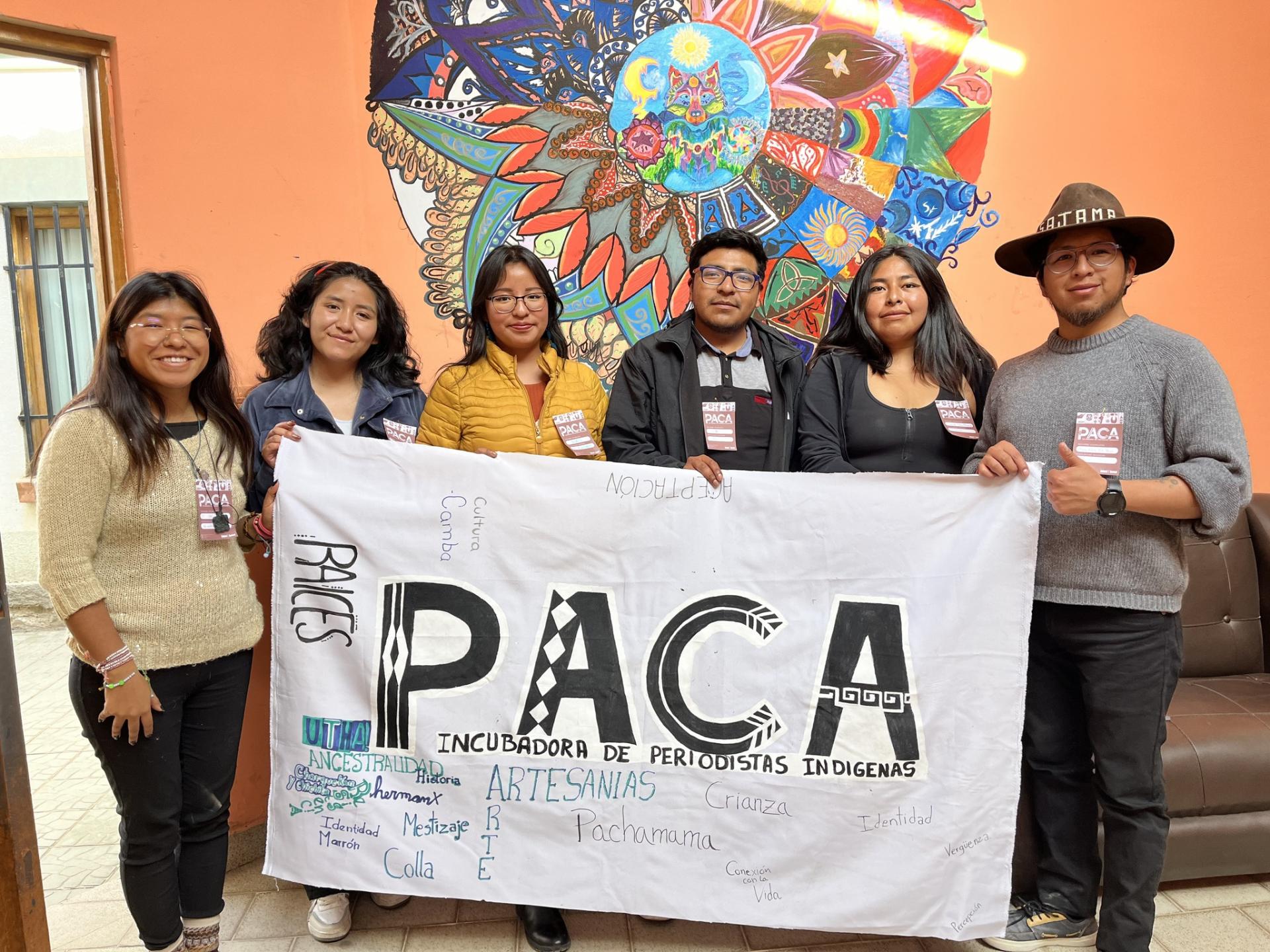
Wara Iris Ruiz Condori (Aymara) from Bolivia
Wara Iris Ruiz is a young Aymara woman committed to climate justice and biodiversity conservation. As a Project Coordinator, she focuses on these crucial topics for Indigenous peoples at local, regional, and international levels. Currently, she is also studying environmental journalism with support from the International Work Group for Indigenous Affairs (IWGIA). Her dedication and leadership have earned her several fellowships. Passionate about Indigenous communication and youth empowerment, she envisions a future where the stories, challenges, and knowledge of Indigenous communities are preserved and amplified through media led by youth and women.
Iris Ruiz fellowship project entitled “Incubadora de periodistas indígenas en la resiliencia al cambio climático y la lucha contra la explotación indiscriminada de los territorios (PACA, Incubator for Indigenous journalists on resilience to climate change and the fight against indiscriminate exploitation of territories )” is a project designed to strengthen journalism, environmental communication, and digital media skills among Indigenous youth. The goal was to preserve and share knowledge, myths, testimonies, and community chronicles related to ecological and climate issues in Indigenous languages and Spanish. The project was born out of the urgent need to resist the violation of Indigenous sovereignty by private companies, whose actions often go undocumented or misrepresented in mainstream media. Wara wanted young people to be the storytellers of their communities. She saw the potential for influential Indigenous journalism that could inform, inspire, and mobilize action on the environmental crises affecting their lands.
Through her project, Iris Ruiz mobilized 30 youth fellows from four different regions, supported by a team of five coordinators, which included one media coordinator and a representative from each region. The team remained committed to their goals despite facing challenges such as travel restrictions and poor internet connectivity during virtual meetings. Together, they produced stories and content highlighting their territories' environmental realities, focusing on topics like extractivism, climate resilience, and traditional ecological knowledge.
Iris Ruiz shared that one of the most significant lessons she learned was delegating responsibilities effectively. She coordinated most activities in the Andean region, while adapting her efforts to the eastern region. Additionally, she gained valuable experience in project coordination, timeline management, and team communication. What made her the proudest was witnessing the youth take ownership of the work. Even after the fellowship ended, many continued creating environmental content. The fellow expressed her deep gratitude to Cultural Survival and shared that this experience has laid the foundation for an emerging movement of Indigenous environmental journalism, one she hopes will continue growing with or without her leadership.
“I really want to thank Cultural Survival. A long time ago, there was a great need, and the idea of working exclusively with Indigenous Peoples emerged. Now, that idea has materialized. There is a group of young people who are passionate about journalism and addressing extractivism. I would be very happy to see this initiative grow. I believe the youth can continue this work even without me, and that makes me proud,” says Wara Iris Ruiz.
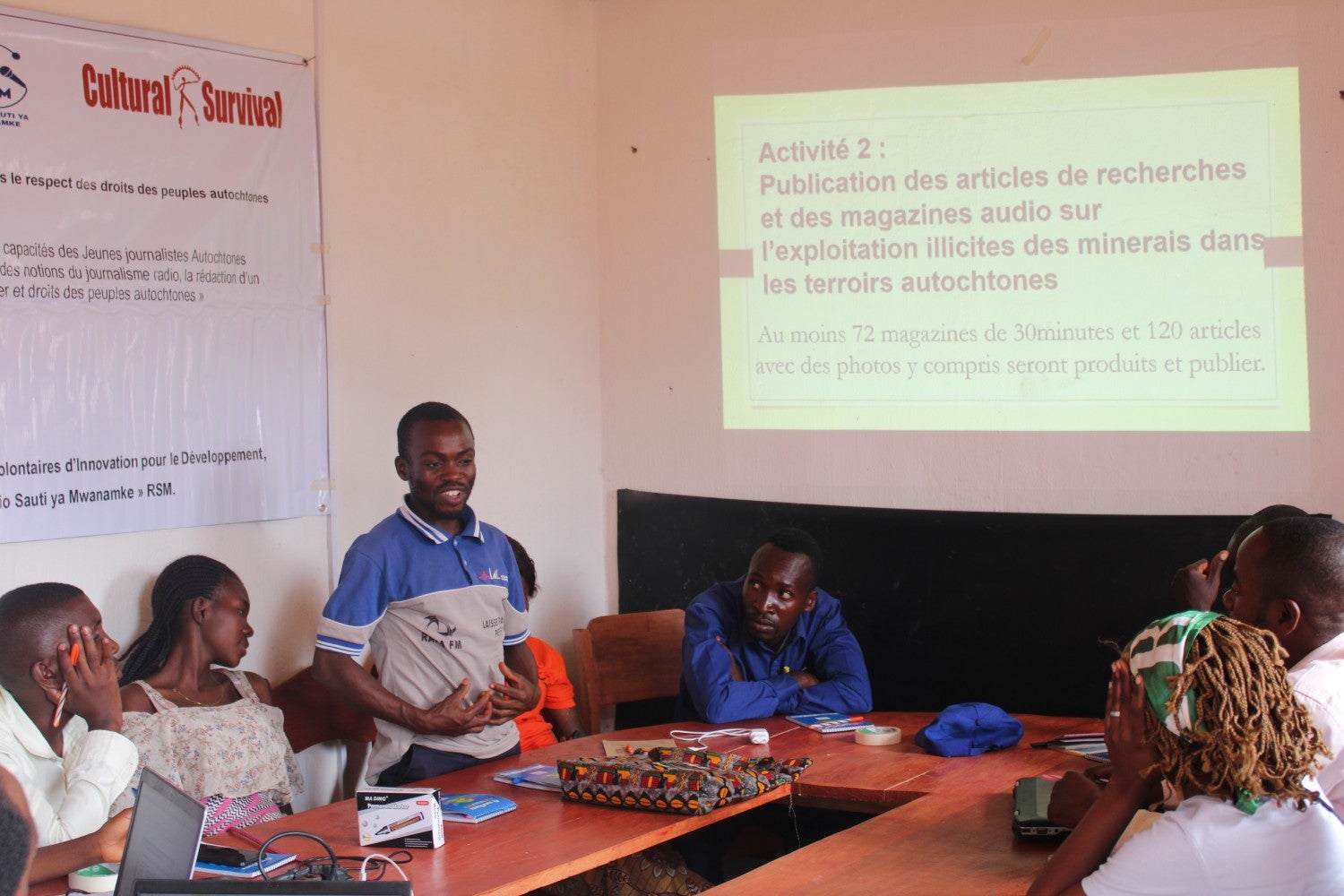
Musa Atebeta Obal (Batwa) from Democratic Republic of Congo
Musa Atebeta Obal is coordinating the collective of young Indigenous Batwa fellows from the Democratic Republic of Congo. The collective is working through the organization Action des Volontaires d’Innovation pour le Développement de la République Démocratique du Congo AVID-RDC(Action of volunteers of Innovation for the development of the Democratic Republic of Congo ) to promote Indigenous rights, cultural preservation, and community development.
Musa, a 23-year-old nurse and community leader, is the first Batwa youth in his region to earn a university degree in nursing. As a volunteer project manager at AVID, he leads project design and implementation, coordinates organizational activities, and founded Radio Voix de la Femme Autochtone (Radio Voice of Indigenous Women) to amplify the voices of Indigenous women. He actively bridges traditional and modern medicine to support his community’s well-being.
His team is composed of Nathalie Biluge, 24, a social animator and environmental activist from South Kivu; Christine Feza, 25, a financial management graduate; and Isaya M. Pombo, 25, a computer science graduate who uses technology for social change.
Before launching their project with Cultural Survival, Mussa and his team identified several critical issues affecting the Indigenous Batwa community in Eastern Democratic Republic of Congo. These included land expropriation, the exploitation of natural resources without consultation, and widespread violations of Indigenous and women’s rights—particularly cases of sexual abuse and unwanted pregnancies among young girls. Many community members were unaware of their rights and the legal protections.
Through radio broadcasts, written articles, and community sensitization efforts, the project empowered people with knowledge of their rights, fostering greater awareness and civic engagement. One key outcome was creating a youth journalist platform dedicated to Indigenous issues. This platform amplified Indigenous voices and nurtured leadership and collaboration among young people. The fellows developed valuable skills in media production, article writing, documentation, and advocacy.
The project also led to forming a community structure that continues to serve as a base for ongoing action. Mussa, now widely respected and trusted, regularly receives home visits from Indigenous members seeking advice and support.
Looking ahead, the team aims to combine scientific and journalistic approaches to research topics like land conflict and the vulnerability of Indigenous Peoples.
They shared: “This project allowed us to become a refuge for our community,” and “The creation of this platform is a major step forward.” Shared Isaya at the project closure call meeting.

